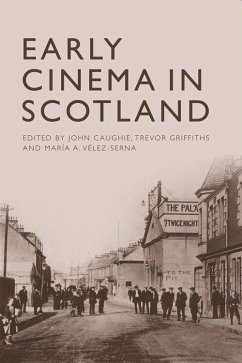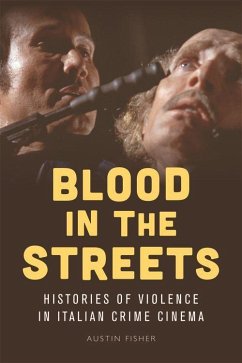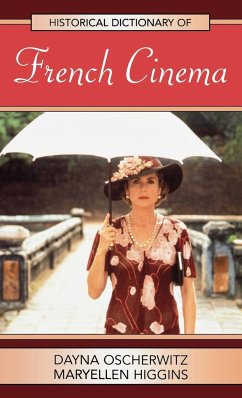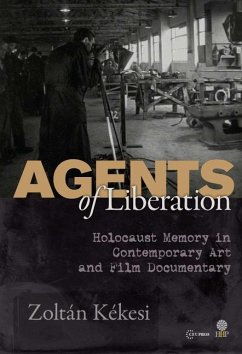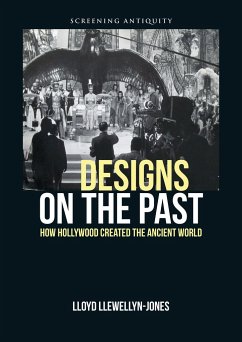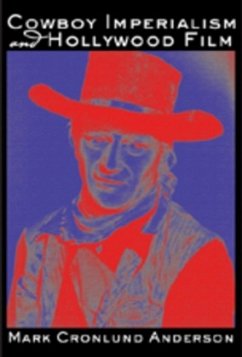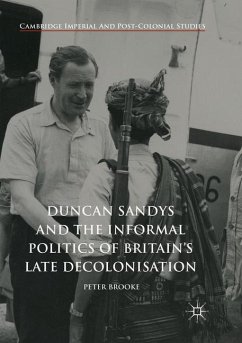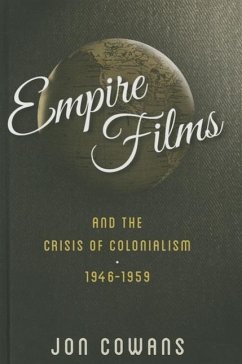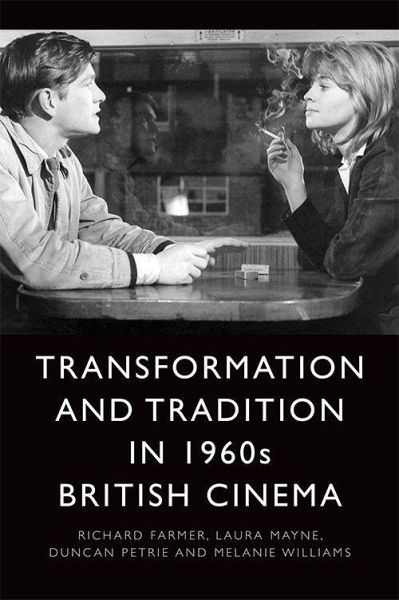
Transformation and Tradition in 1960s British Cinema
Versandkostenfrei!
Versandfertig in über 4 Wochen
126,99 €
inkl. MwSt.
Weitere Ausgaben:

PAYBACK Punkte
63 °P sammeln!
'Scholarly and authoritative, yet lucid and intelligible, this is a timely new assessment of British cinema's most vibrant decade. The authors' collective approach provides valuable insights which demonstrate there was much more to 60s film culture than the Beatles and Bond. Undoubtedly one of the most important contributions to British cinema history of recent times.' James Chapman, editor of the Historical Journal of Film, Radio and Televison An in-depth reassessment of the nature and significance of British cinema and the British film industry during the 1960s Over half a century on, the 19...
'Scholarly and authoritative, yet lucid and intelligible, this is a timely new assessment of British cinema's most vibrant decade. The authors' collective approach provides valuable insights which demonstrate there was much more to 60s film culture than the Beatles and Bond. Undoubtedly one of the most important contributions to British cinema history of recent times.' James Chapman, editor of the Historical Journal of Film, Radio and Televison An in-depth reassessment of the nature and significance of British cinema and the British film industry during the 1960s Over half a century on, the 1960s continue to generate strong intellectual and emotional responses - both positive and negative - and this is no less true in the arena of film. Making substantial use of new and underexplored archive resources that provide a wealth of information and insight on the period in question, this book offers a fresh perspective on the major resurgence of creativity and international appeal experienced by British cinema in that dramatic decade. Transformation and Tradition in 1960s British Cinema is the first scholarly volume on this period of British cinema for more than twenty-five years. It provides a major reconsideration of the period by focusing on the central tensions and contradiction between novelty/revolution and continuity/tradition during what remains a highly contentious period of cultural production and consumption. Richard Farmer is a Lecturer at the University of East Anglia. Laura Mayne is an Associate Lecturer at the University of York. Duncan Petrie is Professor of Film at the University of York. Melanie Williams is Reader in Film and Television Studies at the University of East Anglia. Cover image: Tom Courtenay and Julie Christie in Billy Liar (1963). Directed by John Schlesinger © The Criterion Collection Photographer: Harry Gillard / Photofest Cover design: [EUP logo] edinburghuniversitypress.com ISBN 978-1-4744-2311-3 Barcode




